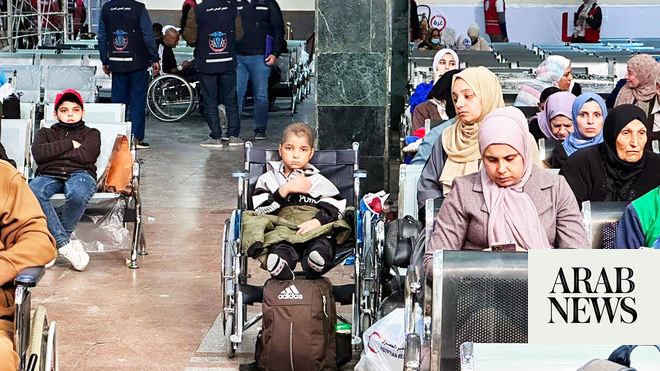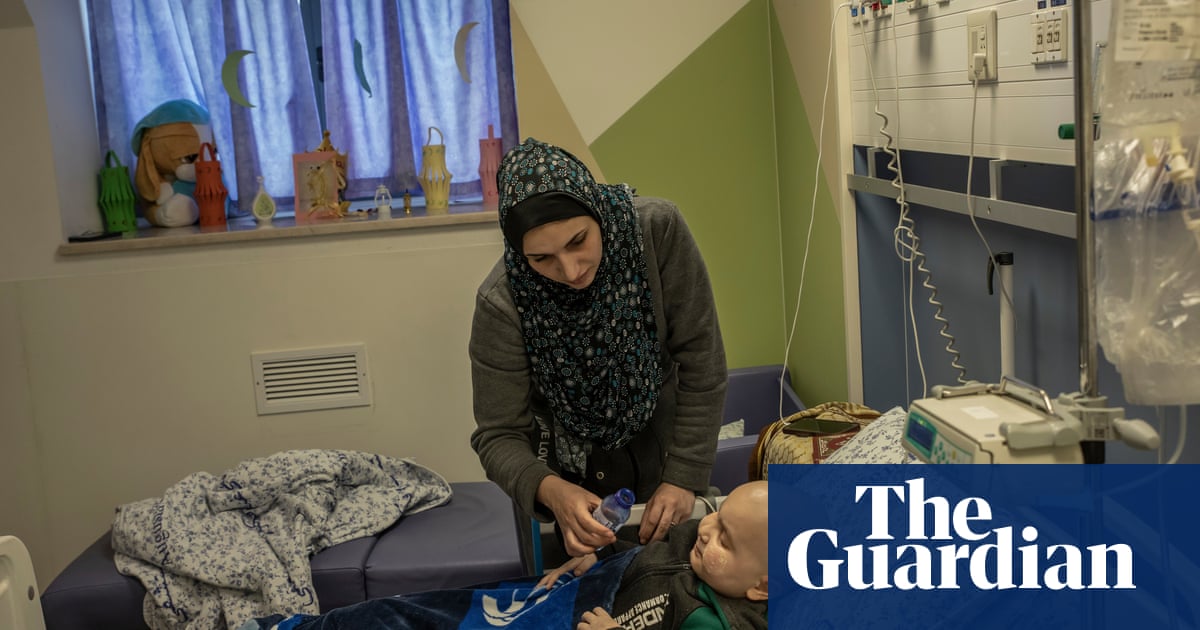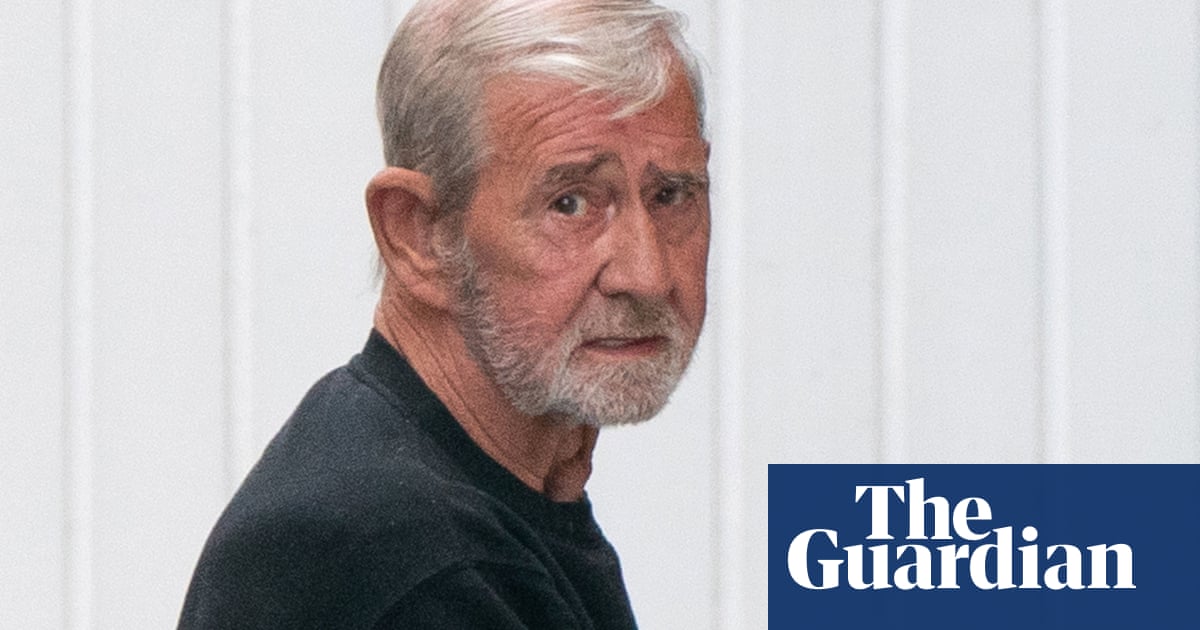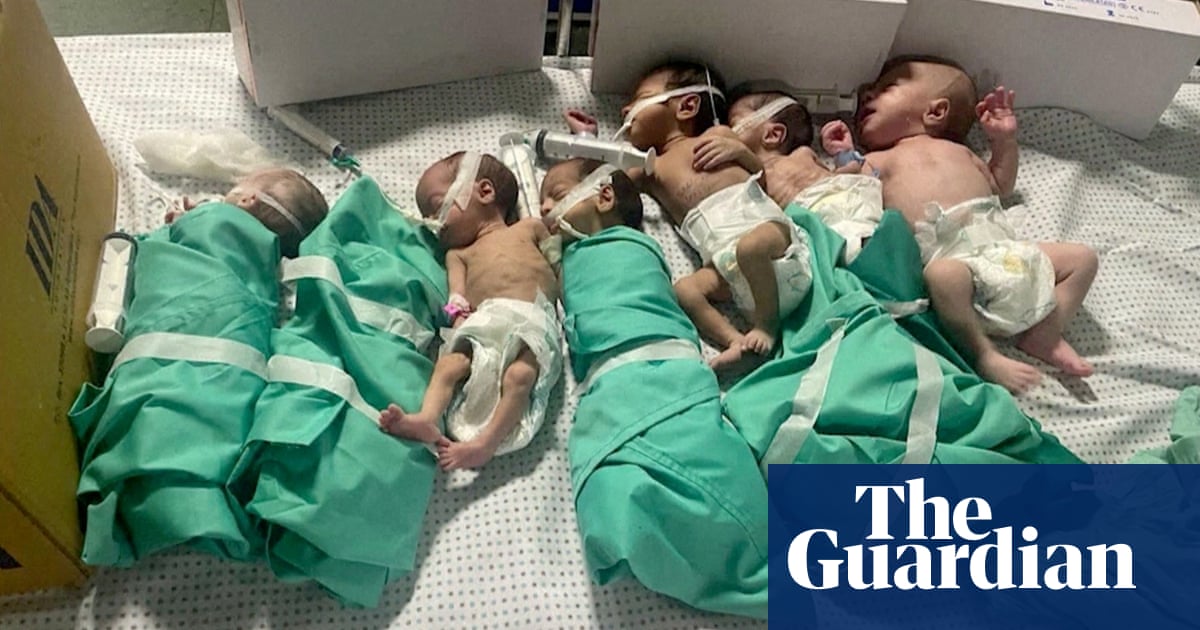
Ensaf Abu Jajouh’s suffering began in 2014 when she discovered that she had breast cancer.
Her treatment in Gaza was not easy, and the disease came back three times as she battled to get the medicine she needed, leading her to travel to Jordan for care in 2021.
“I was shocked when I was diagnosed with breast cancer. I had no knowledge of its nature or how to treat it. I didn’t know if I would survive it or if it was the way to the end,” Abu Jajouh, 45, a mother of two daughters, told Arab News.
“There was a shortage of medicine in the Gaza Strip, and after the disease emerged for the second time, I was unable to get treatment for four months, which brought the disease back again, the doctors in Jordan told me.”
Her story is similar to many others in Gaza, which suffers severe shortages of cancer medicines due to the Israeli blockade, and the political division between Hamas and Fatah.
Abu Jajouh was able to get help at the King Hussein Cancer Center in Jordan with the assistance of local institutions. But many others facing the same disease do not share her fortune.
She said: “A cancer patient suffers from physical pain, in addition to the hardships of the treatment journey, the fear of not being fully cured, and the agony in society. I separated from my husband because he did not accept my illness in the first year.
“I may be a little lucky in my latest treatment journey, but most women are not,” she added.
The Palestinian Ministry of Health recorded 363 cases of breast cancer in Gaza last year, which is 18.5 percent of the total number of cancer patients.
The disease is on the rise, with 300 cases in 2018, 309 in 2019, and 324 in 2020. The death rate has also risen, to 13 percent.
Iman Shanan, director of the Aid and Hope Foundation for Cancer Patients, told Arab News that the Gaza Strip lacked a comprehensive national program for breast cancer screening.
“Breast cancer patients in Gaza suffer from many problems, the most important of which is the lack of complete and regular treatment, and there is no radiation therapy in the Gaza Strip, in addition to the lack of plastic surgery.
“Awareness may increase among women, but there are no fixed campaigns and a clear program for all official and private institutions to educate women about early detection, not to mention the suffering of patients in obtaining treatment permits in hospitals in the West Bank or abroad,” Shanan said.
Patients who cannot get treatment in Gaza need a medical referral from the Ministry of Health and an Israeli permit to travel to hospitals in the West Bank or Israel. Less than half of those permits are granted, however, according to the UN Office for the Coordination of Humanitarian Affairs in the Palestinian Territories.
In a statement, the UN office said: “Patients referred for medical treatment in the West Bank or Israel and their companions accounted for approximately 7 percent of departures. A total of 2,067 applications for exit permits were submitted to attend medical appointments in August, but only 42 percent were approved in time.”
According to the Ministry of Health in Gaza, the travel bans and the delay in implementing treatment protocols for cancer patients led to the death of more than 3,000 people in the past five years, including cases that were treatable and showing recovery signs.












